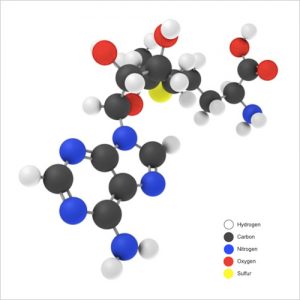Cognitive Health
Cognition is the ability to think, learn, and remember. It is the basis for how we reason, judge, concentrate, plan, and organize. Good cognitive health, like physical health, is very important as we get older, so that we can stay independent and keep active. Some declines in cognition and memory with age are normal, but sometimes they can signal problems. Scientists are studying how people might keep their brains sharp and prevent the cognitive decline seen in Alzheimer’s disease and other types of dementia. Many possibilities are being tested.
Cognitive health has not always been seen as an important factor of overall health and wellbeing of a person. In time, our understanding of “body and mind” has evolved significantly. We now recognize the vital role that both physical health and mental health play in shaping our overall well being, and we appreciate the valuable contributions that a wide array of health professions can make toward assuring that well-being.
Mental health encompasses emotional functioning and the ability to think, reason, and remember (cognitive functioning). While standardized, widely accepted definitions of cognitive health have yet to be adopted, most experts agree that the components of healthy cognitive functioning include:
- language
- thought
- memory
- executive function (the ability to plan and carry out tasks)
- judgment
- attention
- perception
- remembered skills (such as driving)
- ability to live a purposeful life2
Much like physical health, cognitive health can be viewed along a continuum—from optimal functioning to mild cognitive impairment to severe dementia. It is not simply the absence of diseases such as Alzheimer’s disease; rather, it should be respected for its multidimensional nature, and the changes that take place over the life span should be accepted, even embraced, as a natural part of the aging process.
The lack of cognitive health can have profound implications for a person’s physical health. Older adults and others experiencing cognitive impairment may be unable to care for themselves or to engage in necessary activities of daily living, such as preparing meals or managing their finances. Limitations in the ability to effectively manage medications and existing medical conditions are of particular concern when a person is experiencing cognitive impairment or dementia.






